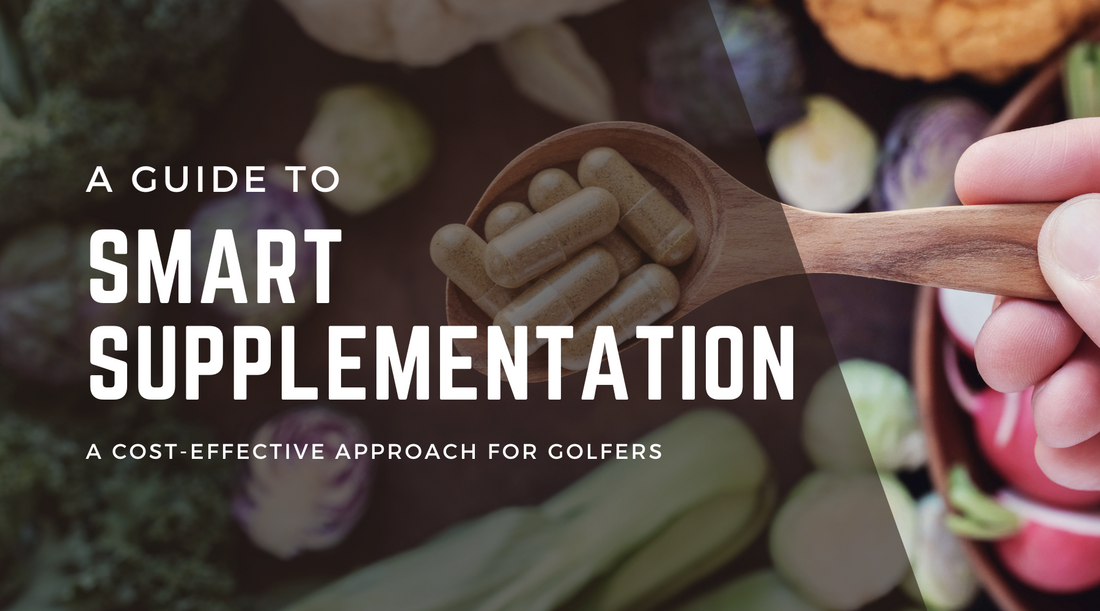
Smart Supplementation: The Cost-Effective Approach to Better Health
Share
In an ideal world, we’d get everything we need from food, just like our ancestors did. But the reality is, modern diets and food production have changed. Soil depletion, food processing, and the sheer difficulty of eating a perfectly balanced diet make it harder to get the essential nutrients our bodies need for peak performance.
That’s where smart supplementation comes in.
The Difference Between Essential and Optional Supplements
Not all supplements are created equal, and not everyone needs the same regimen. Some nutrients are easy to get from food, making supplementation unnecessary, while others are nearly impossible to obtain in sufficient amounts from diet alone. The key to cost-effective supplementation is knowing what to prioritize.
✔ What You Might Not Need
If you're eating a well-balanced diet rich in whole foods, you may already be getting enough of certain vitamins and minerals. For example:
- Vitamin C – Found in citrus fruits, peppers, and leafy greens. Most people get plenty.
- Calcium – If you consume dairy, leafy greens, or fortified foods, your intake may be sufficient.
- Protein Powders – Beneficial for convenience, but if you're hitting your protein goals through food, they may be unnecessary.
✔ What’s Harder to Get from Food Alone
On the other hand, some nutrients are more challenging to obtain at optimal levels through diet alone, especially for active individuals and aging adults:
- Creatine Monohydrate – Naturally produced by the body, but not in amounts sufficient to maximize muscle energy, endurance, and recovery.
- Vitamin D3 & K2 – Essential for bone health and immune function, yet difficult to get from food (especially if you don’t get much sun exposure).
- Magnesium Glycinate – Involved in muscle function, sleep, and recovery, but modern diets tend to lack sufficient amounts due to soil depletion.
- Omega-3 Fish Oil (EPA & DHA) – Found in fatty fish, but most people don’t eat enough to get the full anti-inflammatory benefits.
- BCAAs (Branched-Chain Amino Acids) – Found in protein sources, but supplementation can provide muscle recovery benefits, particularly for those training frequently.
Avoiding “Expensive Waste” – A Smarter Approach to Supplementation
A thoughtful supplement strategy ensures you get what your body actually needs without overspending on unnecessary extras. Here’s how to approach supplementation intelligently:
🔹 Identify Your Gaps – Look at your diet and lifestyle. Are you getting enough omega-3s? Struggling with muscle recovery? Feeling sluggish on the course?
🔹 Prioritize High-Impact Supplements – Invest in what will make the most difference based on your specific needs.
🔹 Quality Over Hype – Not all supplements are created equal. Swing Stacks™ formulas prioritize bioavailability, meaning your body absorbs and uses more of what you take.
🔹 Test, Track, and Adjust – Pay attention to how you feel. Supplements should enhance performance, recovery, and well-being—not just drain your wallet.
Final Thoughts: The Swing Stacks Philosophy
At Swing Stacks, we’re not here to sell you a cabinet full of pills you don’t need. We’re here to help golfers optimize their health and performance in a way that makes sense—both biologically and financially.
That’s why we offer stackable solutions, so you can build a regimen that fits your goals—whether it’s better endurance on the course, faster recovery after a round, or simply feeling stronger and more energized every day.
Want to see what supplements might help your game? Check out our full lineup here.
